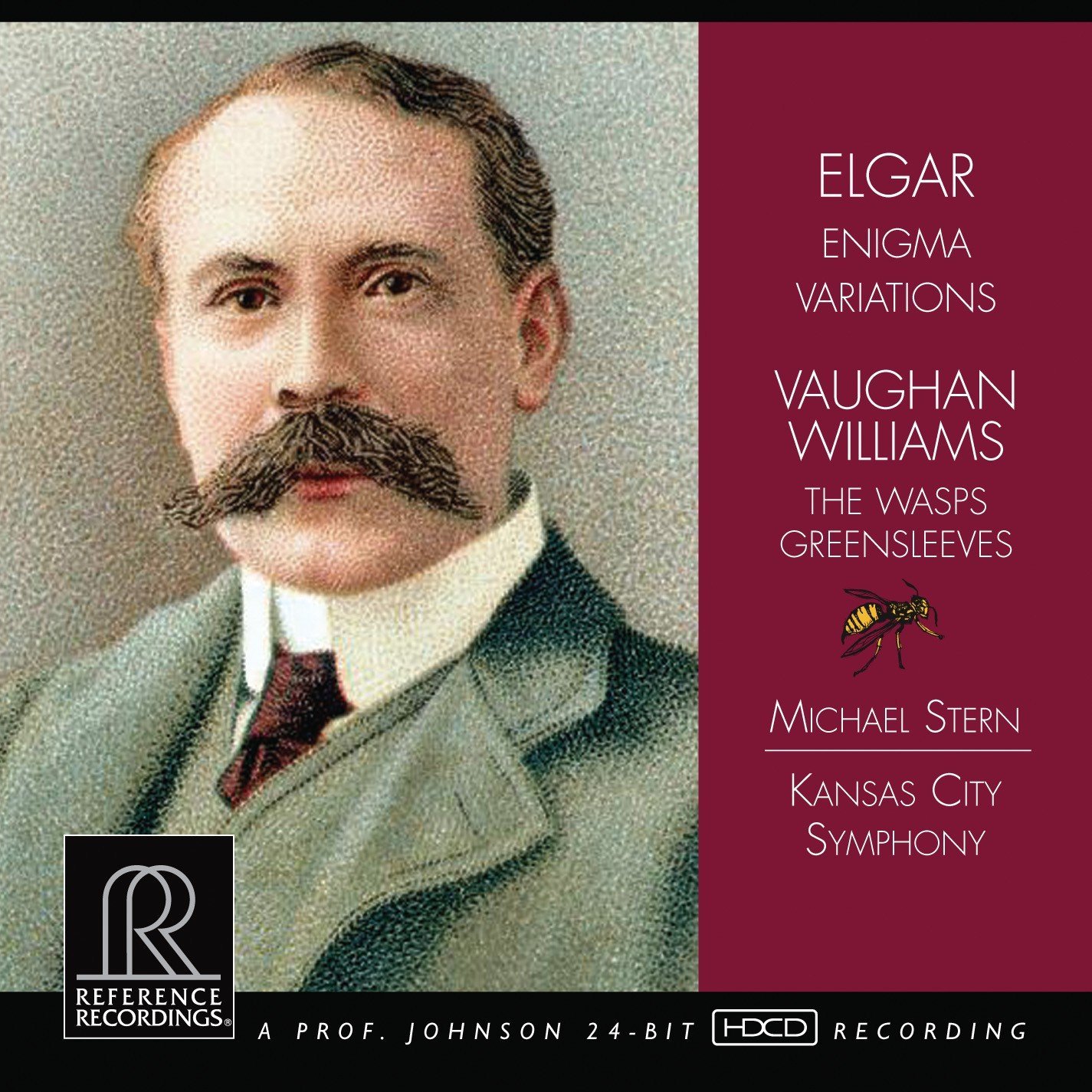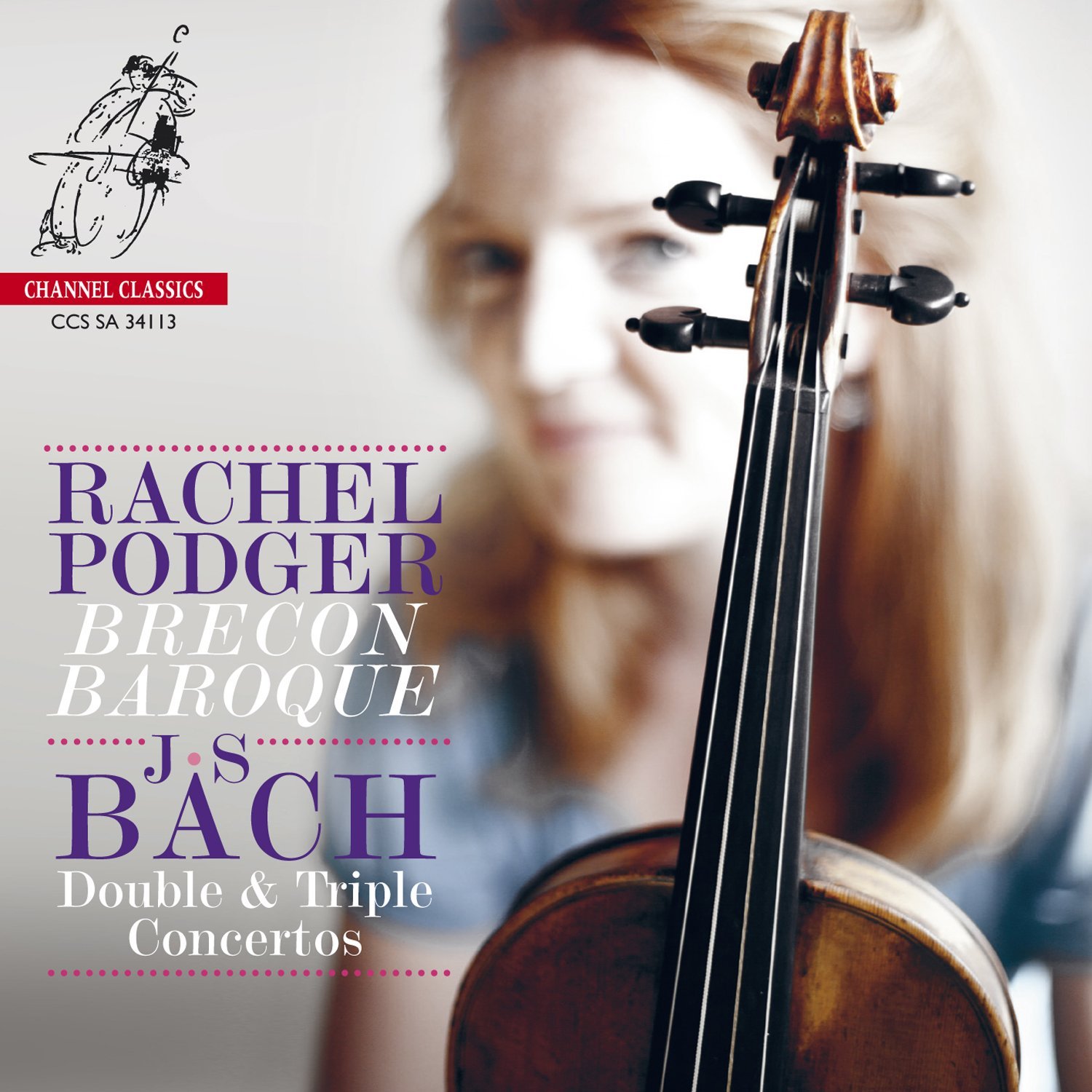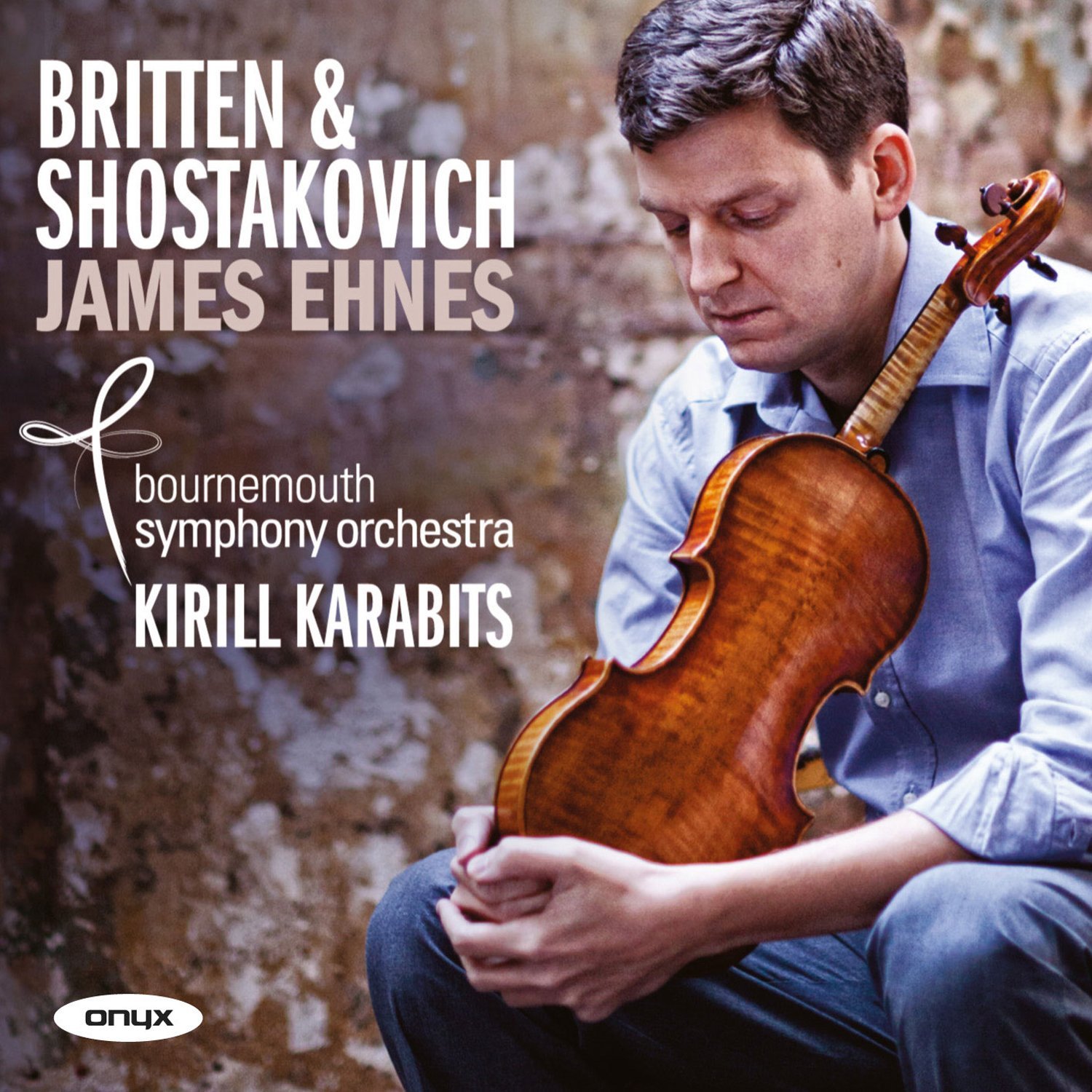Scotland’s East Neuk is a little like Hardy’s Wessex – less a geographical specific and more an idea, a resonance. Tucked up into the crook of the Firth of Forth, directly below St Andrews, the region encompasses the tiny coastal towns of Crail, Pittenweem, Anstruther and St Monans, where stern stone cottages and still sterner churches have done battle with the elements since at least the 9th century.

It was an inspired Manchester International Festival initiative to devote a concert to the work of Sir John Tavener as he approaches his 70th birthday. Not only that, but the programme featured three world premieres, including a choral piece specially commissioned for the MIF Sacred Voices, made up of 70 women from all faiths and none. Leading it all with the BBC Philharmonic was conductor Tecwyn Evans.





It only takes a few great Lieder by Schumann and Liszt to show the kinds of songs Wagner didn’t, or couldn’t, write. Very well, so the rarities in this programme were whimsies he composed in his youth, but even the Wesendonck Lieder, sole voice-and-piano masterpieces of his maturity, don’t show much concern for the little details of humanity. Fortunately Janice Watson rose to great form to show us what, quite apart from the two "studies" for Tristan und Isolde, their opulent generalities are all about.



How often should a music-lover go to hear Britten’s most layered masterpiece? From personal experience, I’d say not more than once every five years, if you want to keep a sense of occasion fresh. So how often should an orchestra play it? Sir Simon Rattle and his Berlin Philharmonic decided they could manage three nights in a row towards the end of their 2013-14 season. At the first of the performances, it already felt like a lot might have been kept in check.

With the Albert Dock just a few hundred yards down the road, and Liverpool the launchpad for two centuries of Atlantic crossings, it’s perhaps not too shocking to hear Wagner’s intercontinental Ride of the Valkyries resound round Philharmonic Hall.

In Bergen’s Grieg Hall (one is tempted to say the Hall of the Mountain King) the 2013 Bergen Festival concludes with the mournful tolling of bells. A consonant “Amen”, like a healing benediction, is the last word and with it comes perhaps a glimmer of hope. But the mood is sombre not celebratory. Benjamin Britten’s War Requiem, for all its theatricality, would be an unlikely choice to close a festival in any year but this - Britten's hundredth anniversary.

On most of her London visits, Elisabeth Leonskaja has been an unassuming high priestess of the mysteries and depths in core sonatas by Beethoven, Chopin and Schubert. This time she applied her Russian-school style of orchestral pianism, tempered as always by absolute clarity, to burning the mists off Ravel, Debussy and the French-inspired Romanian, Enescu. She went on to give us colossal enlightenment in what must be the greatest work ever composed by a 19-year-old, Brahms’s Third Piano Sonata in F minor.

